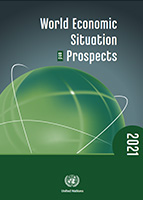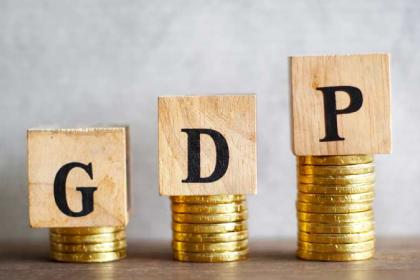
A once-in-a-century crisis—a Great Disruption unleashed by the COVID-19 pandemic—hit the world economy in 2020. The pandemic reached every corner of the world, infecting more than 90 million and, so far, has killed close to 2 million people worldwide. Governments around the world responded rapidly—and boldly—to stem the health and economic contagion of the crisis. Fiscal and monetary stimulus packages were quickly rolled out to save the economy.
The crisis responses, however, entailed difficult choices between saving lives and saving livelihoods, between speed of delivery and efficiency, and between short-term costs and long-term impacts.
"We are facing the worst health and economic crisis in 90 years. As we mourn the growing death toll, we must remember that the choices we make now will determine our collective future. Let’s invest in an inclusive and sustainable future driven by smart policies, impactful investments, and a strong and effective multilateral system that places people at the heart of all socio-economic efforts."
António Guterres
Secretary-General of the United Nations
While timely and massive fiscal interventions helped to prevent the worst, they did not mitigate the broader discontent that stems from the marginalization of the most vulnerable population groups and the stark inequality that divides the haves and the have nots.
The path to recovery and progress on SDGs will critically hinge on the ability and political commitment of countries to make sure that the crisis response builds resilience against future economic, social and climatic shocks.
The World Economic Situation and Prospects 2021 is a report produced by the United Nations Department of Economic and Social Affairs (UN DESA), in partnership with the United Nations Conference on Trade and Development (UNCTAD) and the five United Nations regional commissions: Economic Commission for Africa (UNECA), Economic Commission for Europe (UNECE), Economic Commission for Latin America and the Caribbean (UNECLAC), Economic and Social Commission for Asia and the Pacific (UNESCAP) and Economic and Social Commis-sion for Western Asia (UNESCWA). The United Nations World Tourism Organization (UNWTO) and the UN Office of the High Representative for the Least Developed Countries, Landlocked Developing Countries and Small Island Developing States (UN-OHRLLS) also contributed to the report.




